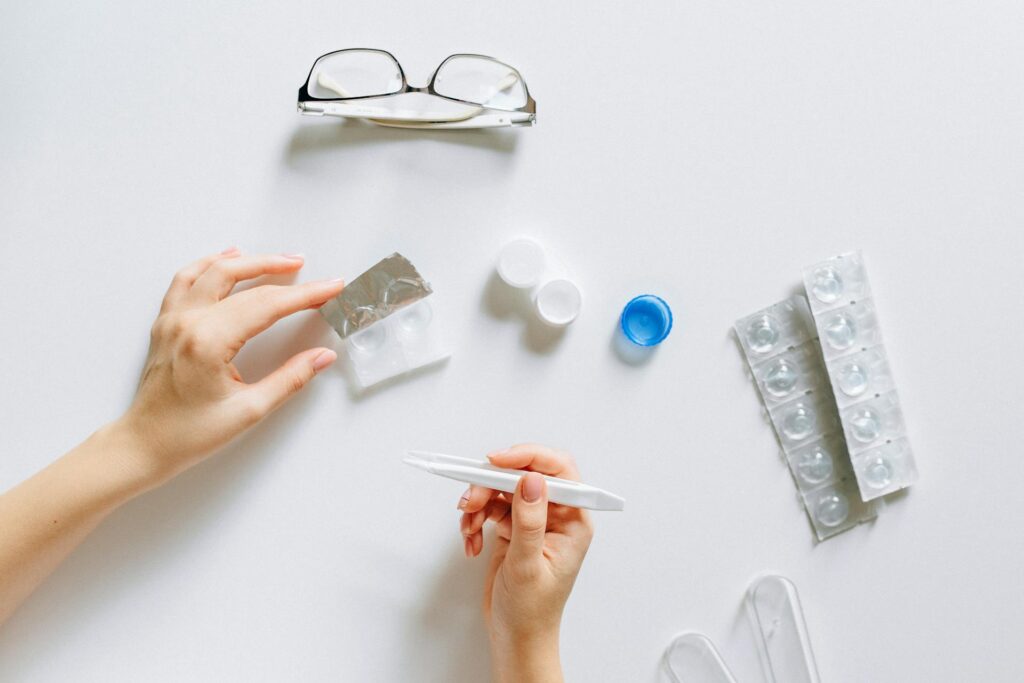
Essential Facts Everyone Should Know About Contact Lenses
Contact lenses have revolutionized vision correction, offering a convenient alternative to glasses. Whether for nearsightedness, farsightedness, or astigmatism, these small lenses sit directly on the eye, providing clear vision without the bulk of frames. Many users appreciate their portability, comfort, and ability to engage in physical activities without obstruction. However, wearing contact lenses requires more than just insertion; proper usage, hygiene, and awareness of potential risks are vital for eye health. Missteps in care can lead to irritation, infection, or long-term damage. Understanding the essentials of contact lens use helps individuals enjoy their benefits safely. This article explores the top facts everyone should know about contact lenses to maximize both comfort and safety.
Proper Hygiene Is Crucial

One of the most important considerations when using contact lenses is maintaining excellent hygiene. Touching lenses with unwashed hands or using contaminated solutions can introduce bacteria to the eye, leading to infections such as conjunctivitis or keratitis. Cleaning and storing lenses in a disinfecting solution helps minimize the risk of eye complications. Daily lenses should be disposed of after use, while reusable lenses require routine cleaning according to manufacturer instructions. Additionally, never use tap water to rinse lenses, as it can contain microorganisms harmful to the eye. Proper hygiene not only protects vision but also enhances the overall comfort of wearing lenses.
Understanding Lens Types and Wear Schedules
Contact lenses come in various types, including daily disposables, bi-weekly, monthly, and extended wear options. Each type has a specific usage schedule that affects both eye health and convenience. Daily disposables are ideal for beginners or travelers since they eliminate the need for cleaning and reduce infection risk. Longer-term lenses offer cost savings but require disciplined cleaning and storage. Choosing the correct lens type depends on lifestyle, prescription needs, and personal preference. Misusing lenses or exceeding recommended wear time can lead to dryness, irritation, or more serious complications, emphasizing the importance of adhering to schedules.
Regular Eye Exams Are Essential
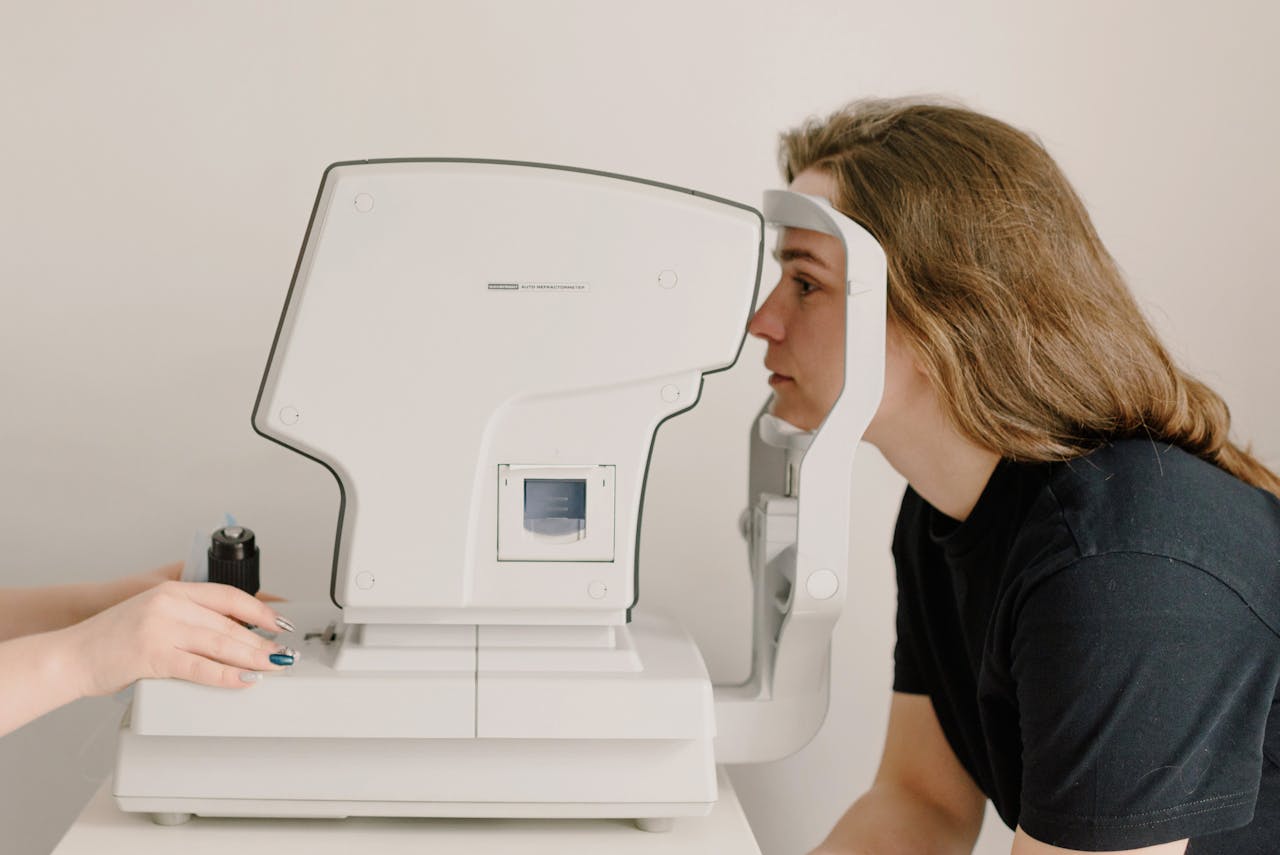
Wearing contact lenses without regular eye check-ups can jeopardize eye health. Vision can change over time, and lenses that no longer fit properly may cause discomfort, blurred vision, or corneal damage. Eye care professionals assess lens fit, eye moisture, and overall ocular health during routine exams. These evaluations help identify early signs of complications, such as corneal abrasions or infections, ensuring corrective measures are applied promptly. Regular check-ups also allow for updates in prescriptions, ensuring optimal vision correction. Skipping examinations can compromise both the effectiveness of lenses and the long-term health of the eyes.
Potential Risks and How to Manage Them
While contact lenses offer convenience, they also carry potential risks if misused. Common issues include dry eyes, irritation, allergic reactions to solutions, and infections from improper handling. Managing these risks involves several precautions. Always follow instructions for insertion, removal, and cleaning. Remove lenses immediately if experiencing pain, redness, or blurred vision. Avoid wearing lenses overnight unless specifically designed for extended wear. Additionally, using lubricating eye drops recommended for contact lens users can reduce dryness and improve comfort. Being proactive and attentive helps prevent complications and ensures a safe lens-wearing experience.
Contact lenses provide a flexible, convenient, and effective solution for vision correction, but their benefits come with responsibilities. Maintaining proper hygiene, understanding lens types and schedules, attending regular eye exams, and managing potential risks are all essential for safe and comfortable use. By being informed and disciplined, users can enjoy clear vision while minimizing the likelihood of irritation or infections. Awareness of these key facts supports long-term eye health, enhances comfort, and allows for a worry-free experience with contact lenses in daily life.…



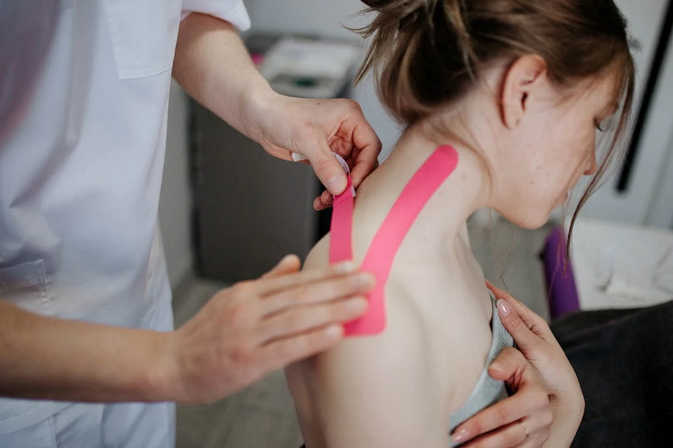
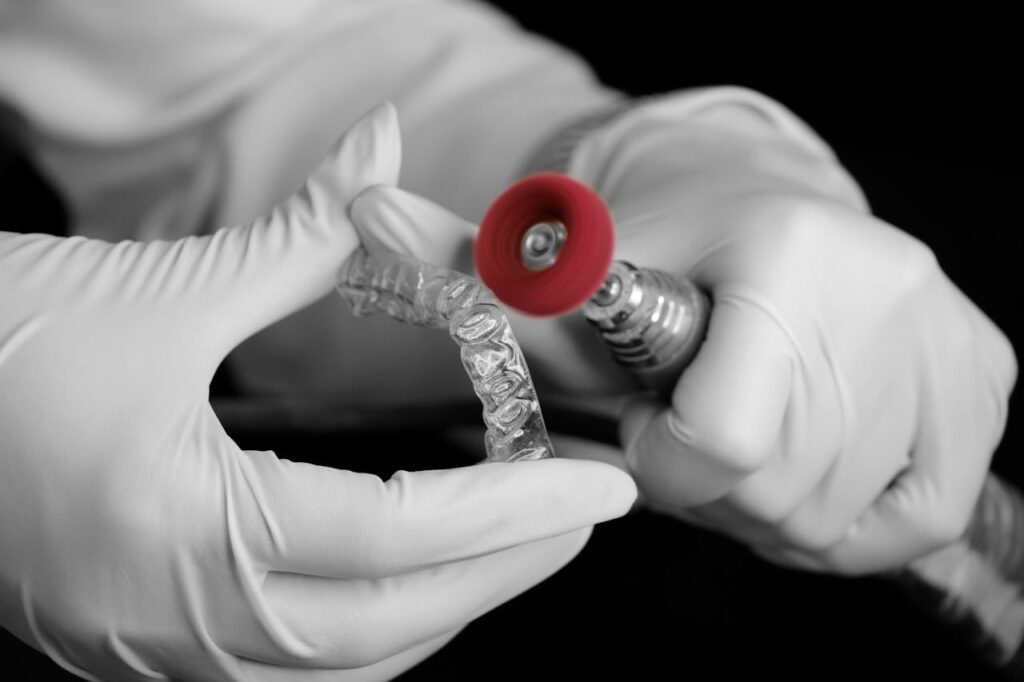
 Invisalign is a modern orthodontic treatment using clear, removable aligners to straighten teeth gradually. Unlike traditional braces with metal wires and brackets,
Invisalign is a modern orthodontic treatment using clear, removable aligners to straighten teeth gradually. Unlike traditional braces with metal wires and brackets,  Invisalign is an excellent choice for people looking for a discreet,
Invisalign is an excellent choice for people looking for a discreet, 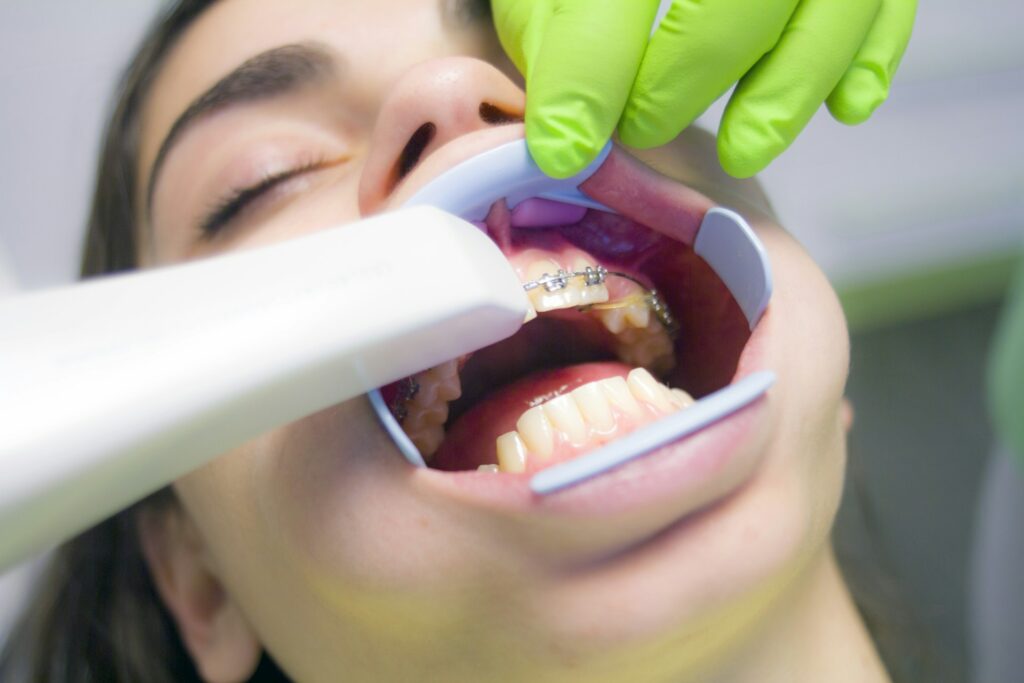
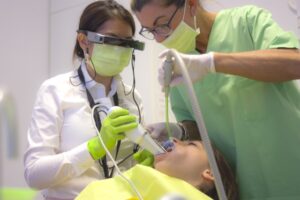 First and foremost—don’t panic. Staying calm is critical to handling any emergency. Take a moment to assess what’s happening. Is there bleeding? How severe is the pain? While some dental issues can wait until regular business hours, others need immediate attention. If unsure, it’s better to call your dentist and explain what’s happening. Many dental offices have emergency numbers or offer after-hours advice.
First and foremost—don’t panic. Staying calm is critical to handling any emergency. Take a moment to assess what’s happening. Is there bleeding? How severe is the pain? While some dental issues can wait until regular business hours, others need immediate attention. If unsure, it’s better to call your dentist and explain what’s happening. Many dental offices have emergency numbers or offer after-hours advice.
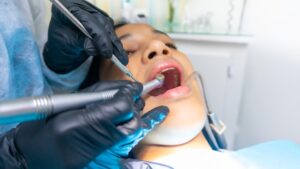 While accidents happen, there are steps you can take to reduce the risk of dental emergencies. Wear a mouthguard if you’re into contact sports, avoid chewing on complex objects like ice or pens, and don’t use your teeth to open things.
While accidents happen, there are steps you can take to reduce the risk of dental emergencies. Wear a mouthguard if you’re into contact sports, avoid chewing on complex objects like ice or pens, and don’t use your teeth to open things.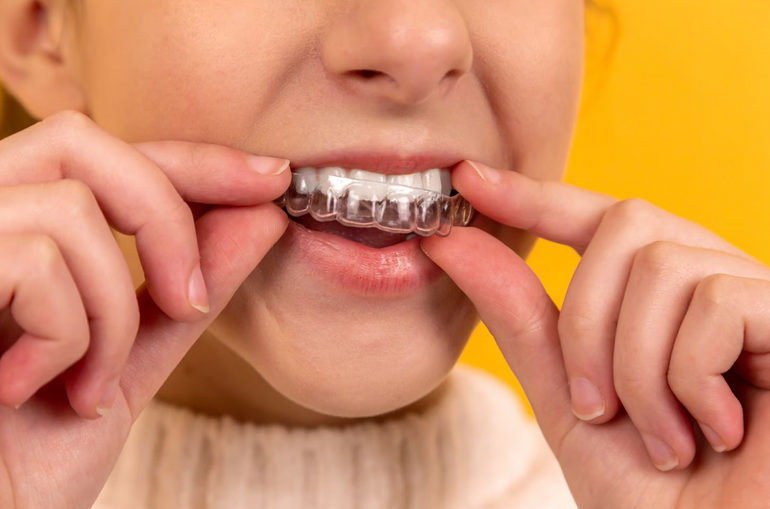





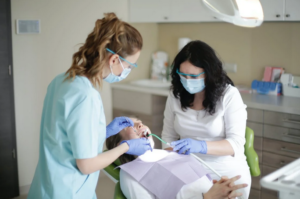 Plaque is a sticky, colorless film of bacteria that forms on your teeth and gums. It’s the leading cause of gum disease because it can irritate and inflame the gum tissue. Plaque buildup also leads to tooth decay, eventually resulting in tooth loss. The bacteria in plaque produce acids that attack the enamel of your teeth, weakening it over time. If not removed regularly through brushing and flossing, plaque hardens into tartar or calculus. This makes it even harder to remove with regular oral hygiene practices. To prevent plaque buildup and maintain healthy gums, brushing twice daily for at least two minutes each time with fluoride toothpaste is important.
Plaque is a sticky, colorless film of bacteria that forms on your teeth and gums. It’s the leading cause of gum disease because it can irritate and inflame the gum tissue. Plaque buildup also leads to tooth decay, eventually resulting in tooth loss. The bacteria in plaque produce acids that attack the enamel of your teeth, weakening it over time. If not removed regularly through brushing and flossing, plaque hardens into tartar or calculus. This makes it even harder to remove with regular oral hygiene practices. To prevent plaque buildup and maintain healthy gums, brushing twice daily for at least two minutes each time with fluoride toothpaste is important.
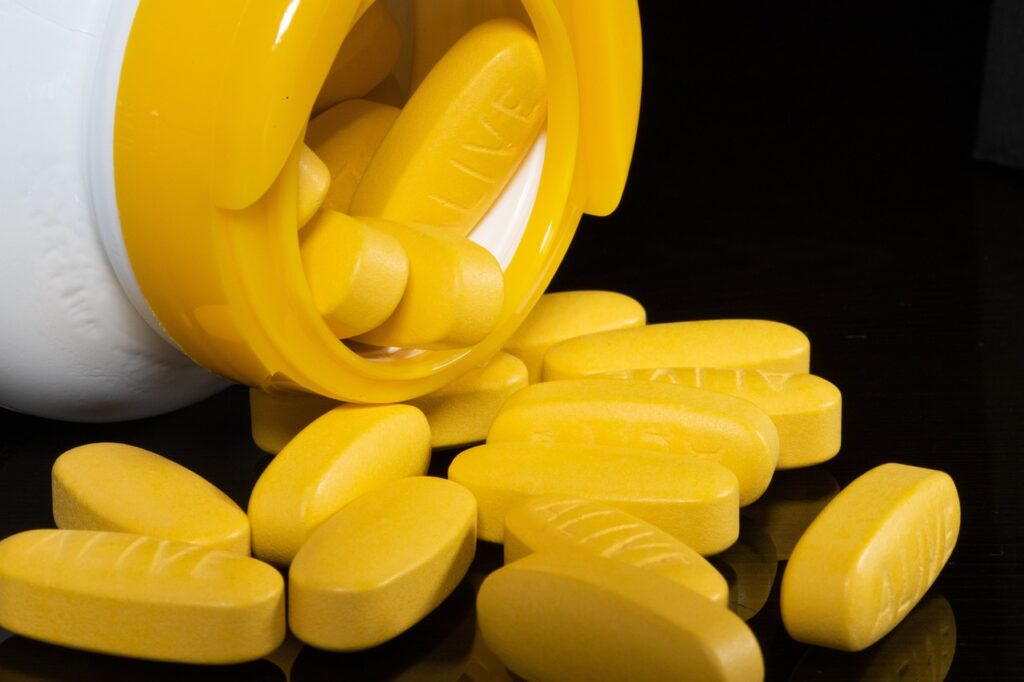
 Before taking any supplements, educate yourself on what ingredients are contained in each one and if they are backed by research. Research has been conducted on many available supplements, so do your due diligence to ensure you know what is going into your body. Also, speak with a healthcare professional about any supplements you plan to take.
Before taking any supplements, educate yourself on what ingredients are contained in each one and if they are backed by research. Research has been conducted on many available supplements, so do your due diligence to ensure you know what is going into your body. Also, speak with a healthcare professional about any supplements you plan to take. Your supplement needs can change over time, so reevaluate your regimen every three to six months. During this evaluation period, consider any changes in lifestyle or health that may require additional supplementation. It will help you ensure you always take what’s best for your body and its specific needs.
Your supplement needs can change over time, so reevaluate your regimen every three to six months. During this evaluation period, consider any changes in lifestyle or health that may require additional supplementation. It will help you ensure you always take what’s best for your body and its specific needs.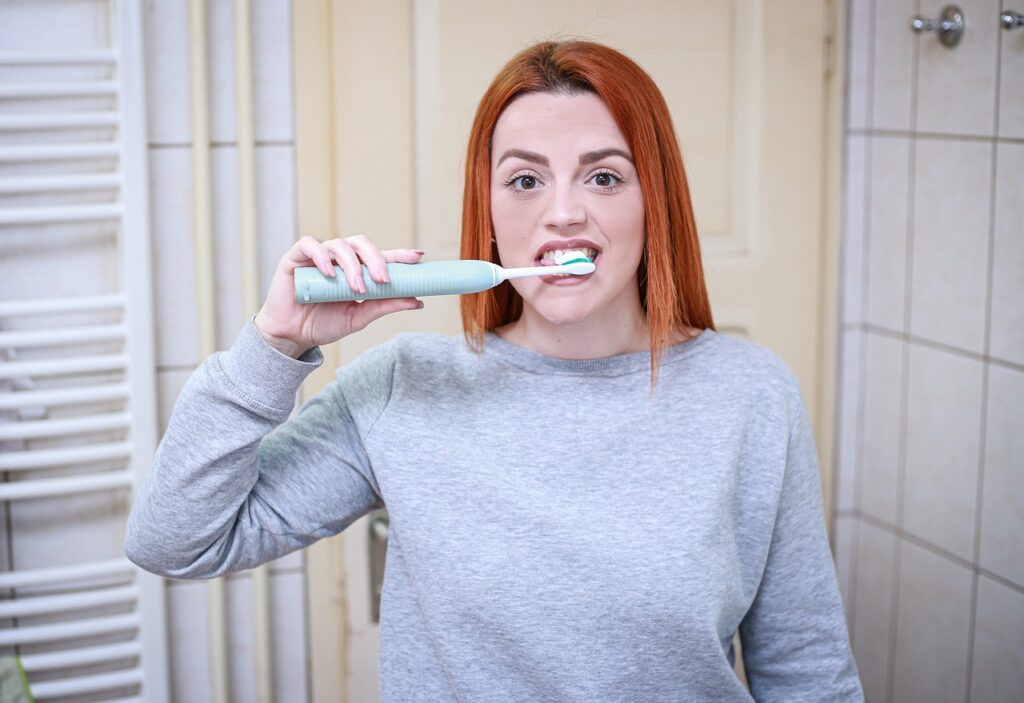
 In most dental plans, preventive care is usually the most covered. This includes regular check-ups and cleanings as well as X-rays. So when you go for your regular biannual visit, you should expect that most of the cost will be taken care of by your plan. Things like sealants and fluoride treatments may also be covered.
In most dental plans, preventive care is usually the most covered. This includes regular check-ups and cleanings as well as X-rays. So when you go for your regular biannual visit, you should expect that most of the cost will be taken care of by your plan. Things like sealants and fluoride treatments may also be covered.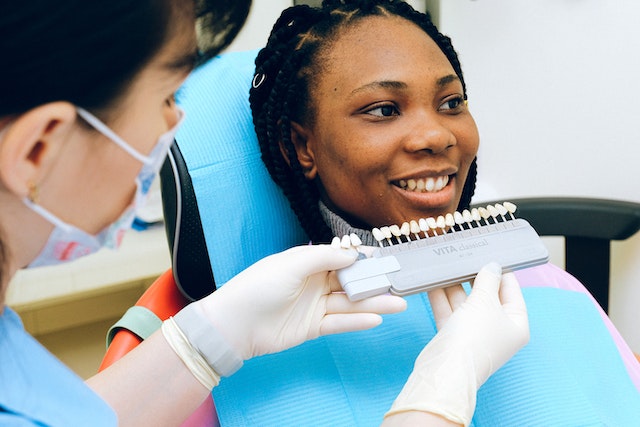

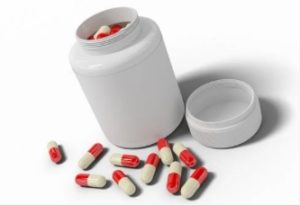 There is a need to understand the scientifically proven ways of improving sexual performance. Many popular supplements are acclaimed because they help most men last longer and boost their sexual performance. Some products are now improving your sexual performance in other ways. For instance, some enhancement pills help boost your overall testosterone levels. In so doing, they can boost your confidence, increase your stamina, and boost overall workouts.
There is a need to understand the scientifically proven ways of improving sexual performance. Many popular supplements are acclaimed because they help most men last longer and boost their sexual performance. Some products are now improving your sexual performance in other ways. For instance, some enhancement pills help boost your overall testosterone levels. In so doing, they can boost your confidence, increase your stamina, and boost overall workouts.
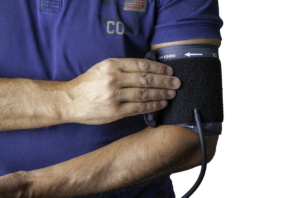 As stated before, many of the heat-related illness that many people tend to suffer is related to our lifestyle. High blood pressure is a good example of how our busy lifestyle affects our cardiovascular health. Many tend to get high blood pressure because of having high-stress levels.
As stated before, many of the heat-related illness that many people tend to suffer is related to our lifestyle. High blood pressure is a good example of how our busy lifestyle affects our cardiovascular health. Many tend to get high blood pressure because of having high-stress levels.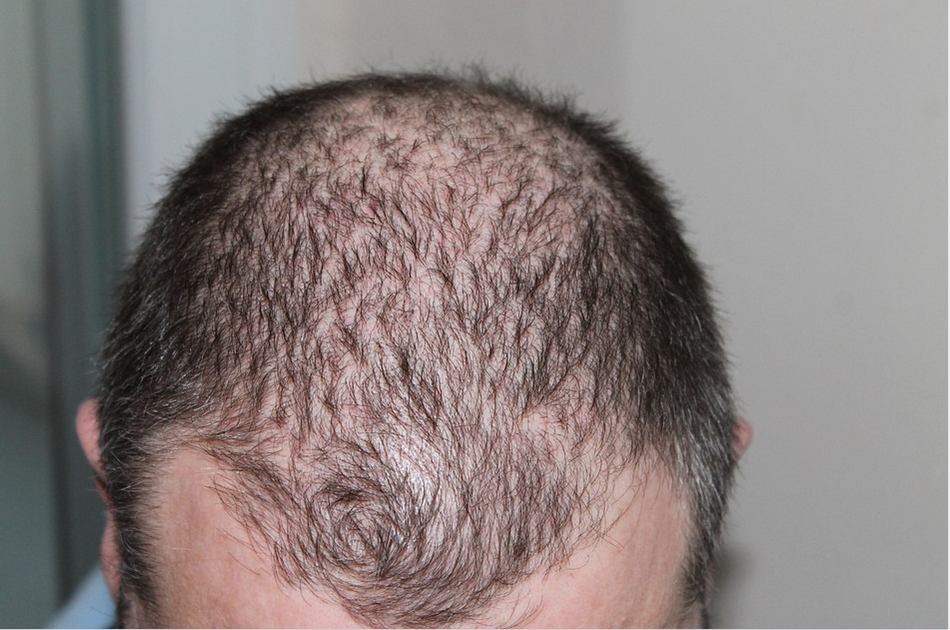
 If you want to maintain your hair healthy and for long, your meals should always be a balanced diet. Your meals should consist of lean proteins, vegetables, fruits, and whole grains. This supplements your body with adequate vitamins necessary to keep your hair both strong and healthy. Foods rich in iron, omega-3 fatty acids, and proteins can also do the trick. Remember to keep your body well hydrated all the time by drinking adequate water.
If you want to maintain your hair healthy and for long, your meals should always be a balanced diet. Your meals should consist of lean proteins, vegetables, fruits, and whole grains. This supplements your body with adequate vitamins necessary to keep your hair both strong and healthy. Foods rich in iron, omega-3 fatty acids, and proteins can also do the trick. Remember to keep your body well hydrated all the time by drinking adequate water. Sometimes your hair loss can be a result of mishandling your hair when you brush or style it. If you vigorously brush your hair, you end up pulling and twisting it. If this habit goes on for a while, it can lead to hair loss.
Sometimes your hair loss can be a result of mishandling your hair when you brush or style it. If you vigorously brush your hair, you end up pulling and twisting it. If this habit goes on for a while, it can lead to hair loss.
 Apples are generally known for their all-round wellness gains. However, their overlooked benefits pertain to penile health. The fruit (or rather its peels), contain ursolic acid. This active compound has shown to help stop the growth of prostate cancer cells in cell studies. Nonetheless, it’s advisable to stick to a medical practitioner’s treatment plan.
Apples are generally known for their all-round wellness gains. However, their overlooked benefits pertain to penile health. The fruit (or rather its peels), contain ursolic acid. This active compound has shown to help stop the growth of prostate cancer cells in cell studies. Nonetheless, it’s advisable to stick to a medical practitioner’s treatment plan. Not everyone is a fan of chili peppers. Nevertheless, research points out that men who include this spicy ingredient in their meals have high testosterone levels. The study doesn’t suggest that spicy meals provide testosterone. The compound in chili peppers, capsaicin, forces the release of feel-good hormones (endorphins).
Not everyone is a fan of chili peppers. Nevertheless, research points out that men who include this spicy ingredient in their meals have high testosterone levels. The study doesn’t suggest that spicy meals provide testosterone. The compound in chili peppers, capsaicin, forces the release of feel-good hormones (endorphins).
 sourced from resinous stalks, leaves and flowers of hemp plants. A non-psychoactive element added to products in oil form. It acts as an analgesic and anti-inflammatory, helping with inflammation, oxidization, and pain as well as providing soothing sensations.
sourced from resinous stalks, leaves and flowers of hemp plants. A non-psychoactive element added to products in oil form. It acts as an analgesic and anti-inflammatory, helping with inflammation, oxidization, and pain as well as providing soothing sensations.
 The first thing that club goers need to know about this product is that it offers easy steps to use it. The three easy steps include peeling the patches off, placing them on areas with little to no hair, and, you can party hard. Shoulders, arms, and wrists are the best areas where you can apply the patches as you will not feel pain when you pull it off your skin. However, note that the patches cannot change the natural body system, and there are always chances of health issues when you fail to manage your own body.
The first thing that club goers need to know about this product is that it offers easy steps to use it. The three easy steps include peeling the patches off, placing them on areas with little to no hair, and, you can party hard. Shoulders, arms, and wrists are the best areas where you can apply the patches as you will not feel pain when you pull it off your skin. However, note that the patches cannot change the natural body system, and there are always chances of health issues when you fail to manage your own body.
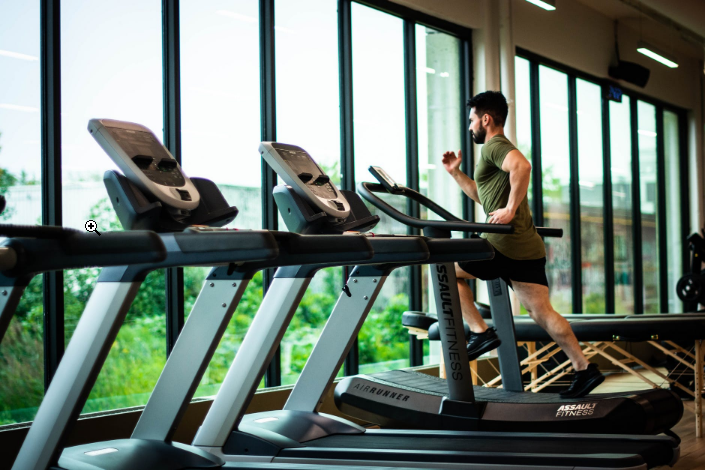

 It is always wise to check the physical conditions before one proceeds with the
It is always wise to check the physical conditions before one proceeds with the 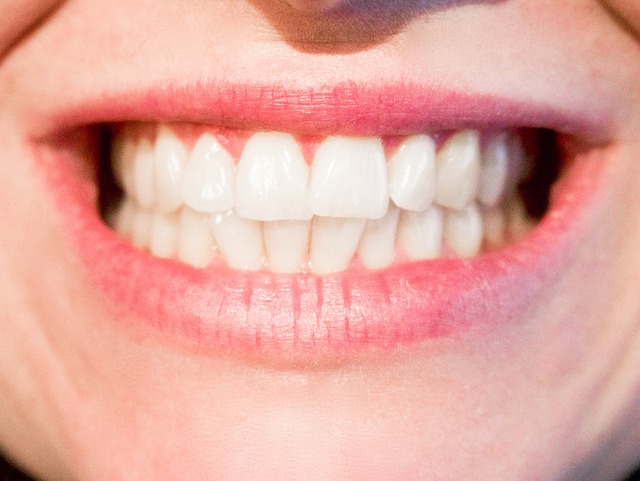
 Quality Services
Quality Services